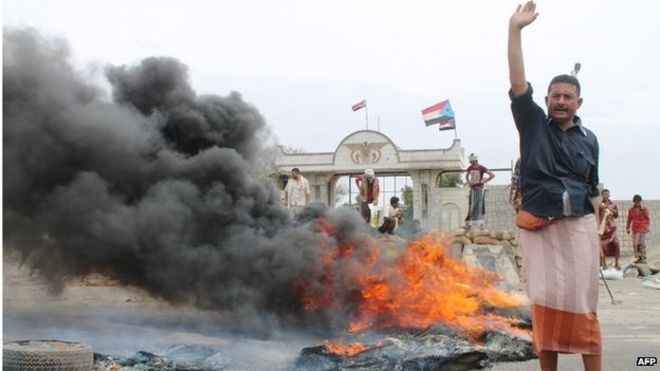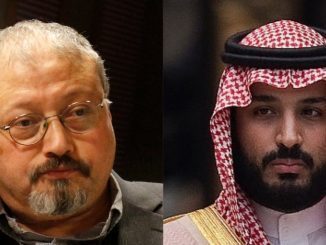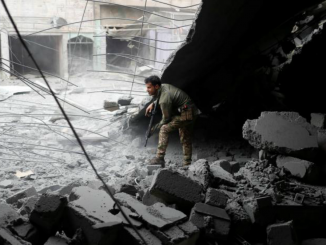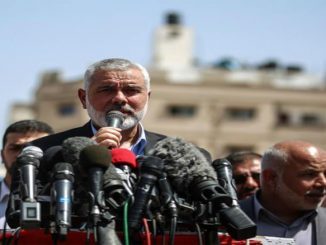Prospects for progress in Yemen peace talks dimmed further this week when Houthi milita and their allies in the political party of a militarily powerful former president, Ali Abdullah Saleh, announced they had decided to form a political council to unilaterally rule the country.
Ismail Ould Cheikh Ahmed, the United Nations Yemen envoy, said the move gravely violated UN Security Council Resolution 2216, which calls on the Iran-backed Houthis “to refrain from further unilateral actions that could undermine the political transition in Yemen”.
In Kuwait the UN-brokered Yemen peace talks have been extended for one week following a request by the UN special envoy, the foreign ministry of host nation Kuwait said on Saturday.
The negotiations have been extended until August 7, according to a foreign ministry statement cited by the official KUNA news agency. They would have ended without result on Saturday after the government delegation decided to pull out.
United Nations envoy Ismail Ould Cheikh Ahmed held talks with both delegations on Saturday and proposed a framework for a comprehensive settlement.
“I met today with both delegations (and) suggested a one-week extension to the talks,” Ould Cheikh Ahmed wrote on Twitter.
He said he also proposed a “framework for a solution to the crisis in Yemen”, without elaborating.
Sources from the two delegations told AFP the proposed settlement is based on the withdrawal of rebels from territory they occupied in 2014, the handover of weapons and a return of state institutions.
Yemen’s government delegation to the talks had said it was planning on leaving Kuwait later Saturday after the rebels and their allies announced the creation of a council to run the country.
“There can be no more talks after the new coup,” delegation spokesman Mohammad al-Emrani told AFP on Friday.
The Houthi militia and the General People’s Congress of former president Ali Abdullah Saleh on Thursday jointly announced setting up a 10-member “supreme political council”.
Its job will be to “manage state affairs politically, militarily, economically, administratively, socially and in security”, a statement said.
The six-nation Gulf Cooperation Council and the ambassadors of 18 other nations backing peace in Yemen also called for a resumption of peace talks in separate statements.
They also condemned the formation of the “supreme political council”. Indirect negotiations in Kuwait since April have failed to make headway. Most of the discussions focused on the type of the transition government to run Yemen.
Yemen has been wracked by chaos since late 2014, when the Houthis and their allies overran Sanaa and other parts of the country, forcing President Abd Rabbuh Mansour Hadi and his Saudi-backed government to temporarily flee to Riyadh. Saudi soldiers
The Saudi-led coalition began a military campaign against Iran-backed Houthi militias in March 2015. It sides with the President Abd Rabbuh Mansur Hadi, while the Houthis are aligned with ousted President Ali Abdullah Saleh, who was ousted after Yemen revolution in 2012.




